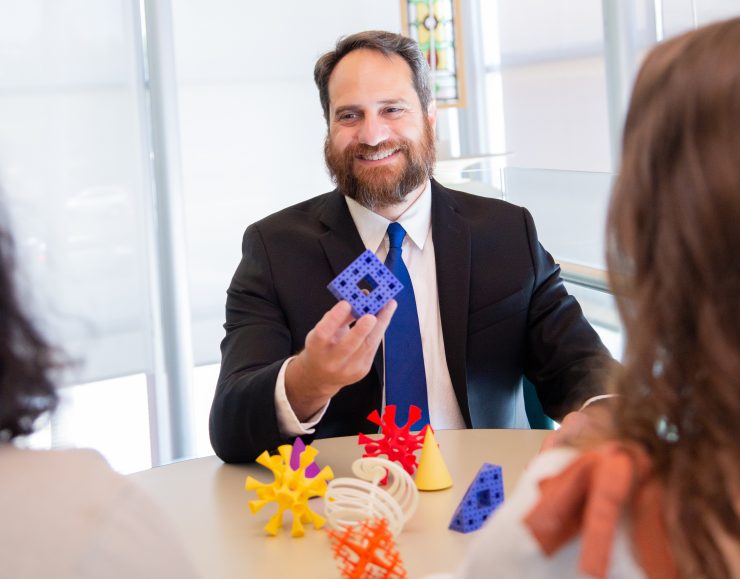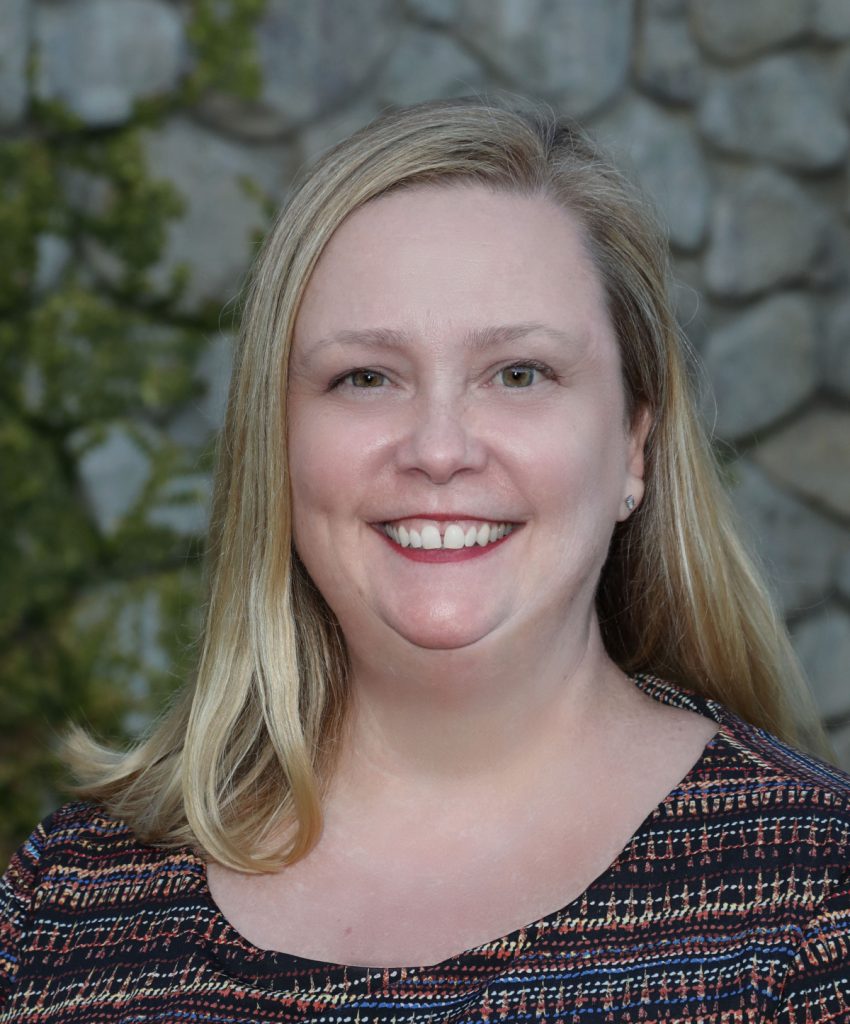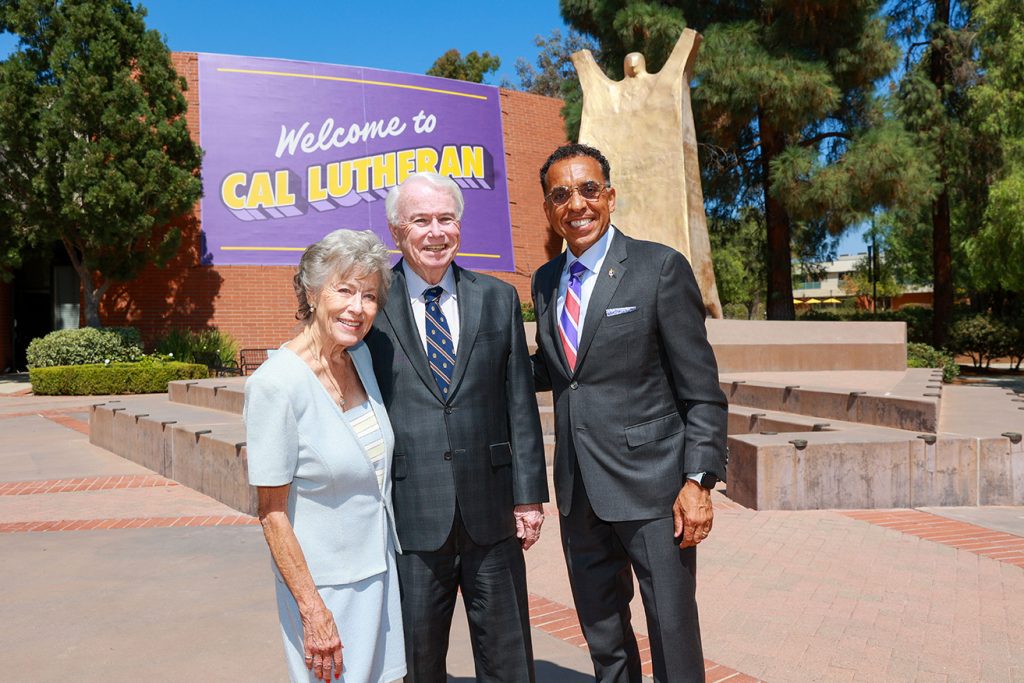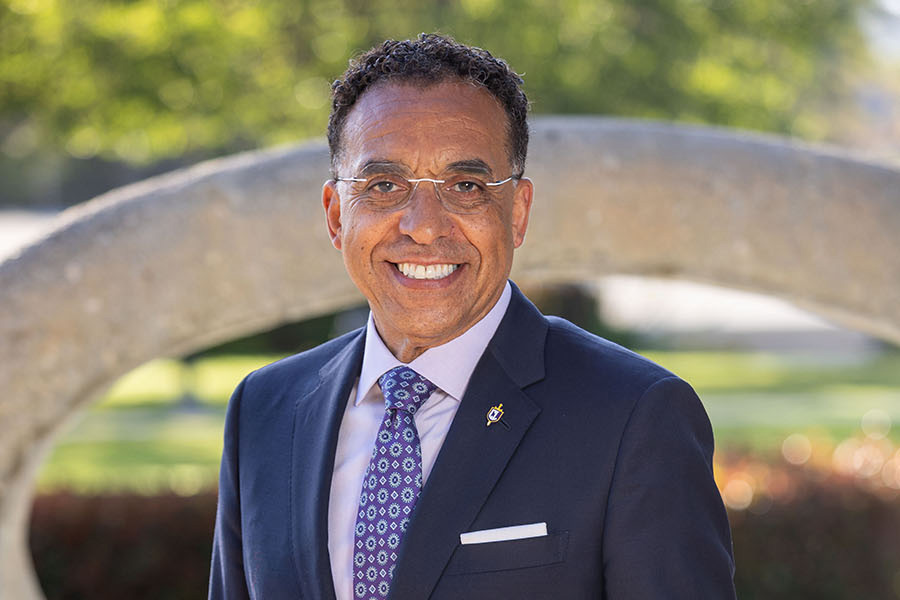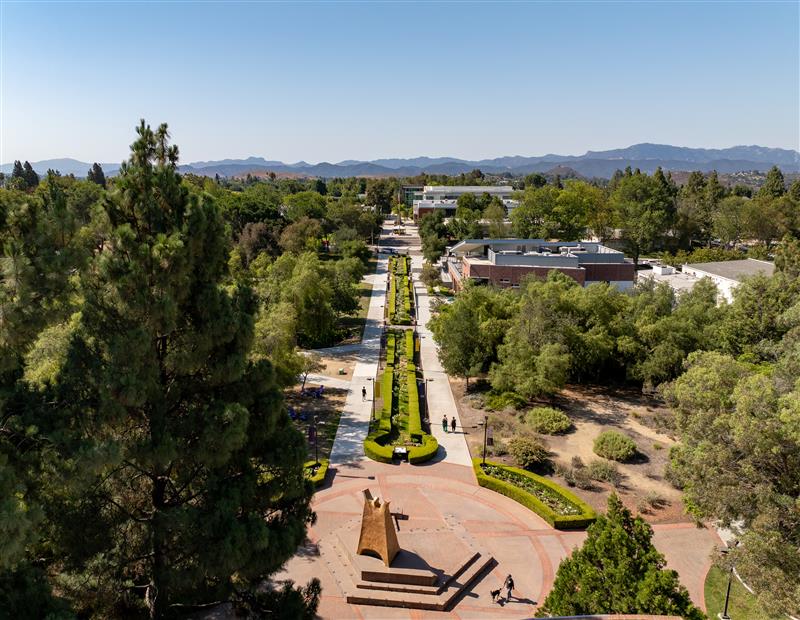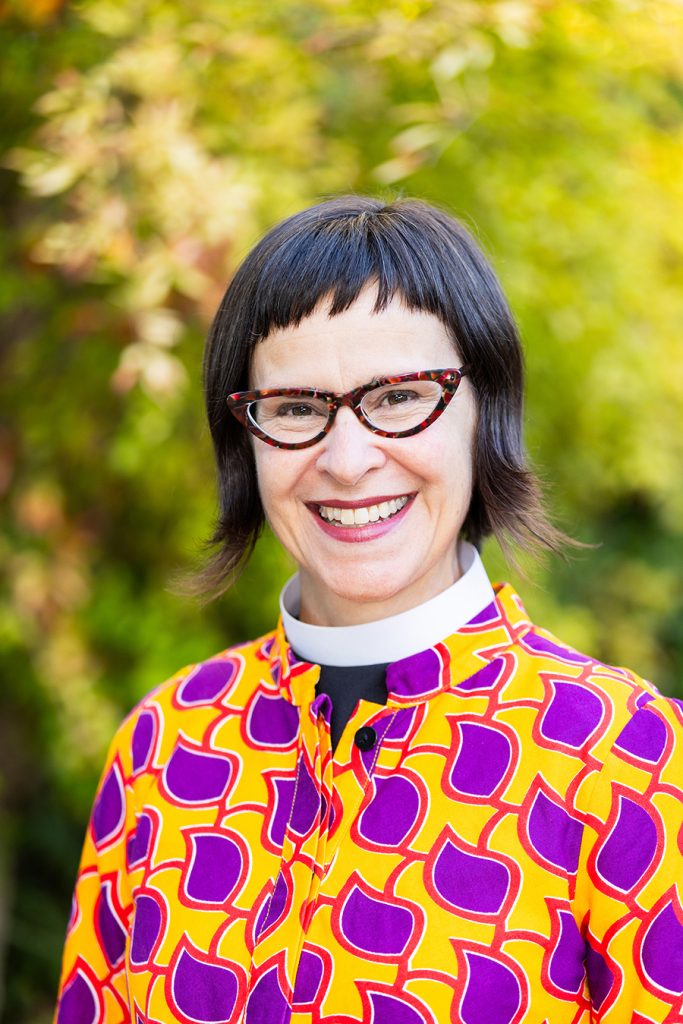Michael Gagliardo, PhD, professor of mathematics, received the 2023 President’s Award for Teaching Excellence. The award was created in 1995 to recognize professors who are held in high esteem by their peers, students and the rest of the university community.
In nominating Gagliardo for this award, a colleague wrote, “Above all, he is truly committed to constantly improving the effectiveness and academic quality of his courses by fearlessly searching (for) and implementing some of the newest teaching methods at the forefront of mathematics educational research.”
Always looking for new ways to teach complex concepts to his students, Gagliardo recently started using the Inquiry-Oriented Linear Algebra (IOLA) teaching method in his upper-division linear algebra course. IOLA focuses on developing student materials composed of challenging and coherent task sequences that facilitate an inquiry-oriented approach to the teaching and learning of linear algebra. Students work on activities that use the concepts of linear algebra before they are defined. When it is time to define the terms, the definitions seem obvious because the students have been using the ideas to solve problems.
“Whether he is traveling to Spain with Dr. Fiore Urízar and students as part of the Mathematics, Architecture and Detective Fictionseminar; participating in a myriad Center for Teaching and Learning workshops; using a flipped classroom technique and drawing from Inquiry-Oriented Linear Algebra; or advising the Mathematics Club or Student Life Committee, Dr. Gagliardo’s passion for teaching, mathematics and student engagement is obvious,” Cal Lutheran President Lori Varlotta said in presenting the award.
When accepting the award, Gagliardo told students, “As faculty, not only are we preparing you for the questions of today, we are preparing you for the unknown questions over the next five, 10, 20 years. Many of us do this by asking you to work on questions or problems that are messy or open. We ask you to think about concepts where the path to the solution has not been laid out in front of you, but instead, left for you to discover. Not only do we ask you to do this in your major, but in other disciplines as well. This relates to one of the core ideas of the liberal arts university: that a math major, through the guidance of faculty, can benefit from learning about the other sciences, the humanities, the social sciences, art, theater and music. As faculty, we hope that you recognize value in what you are learning, but sometimes it takes new challenges to help you see that.”


